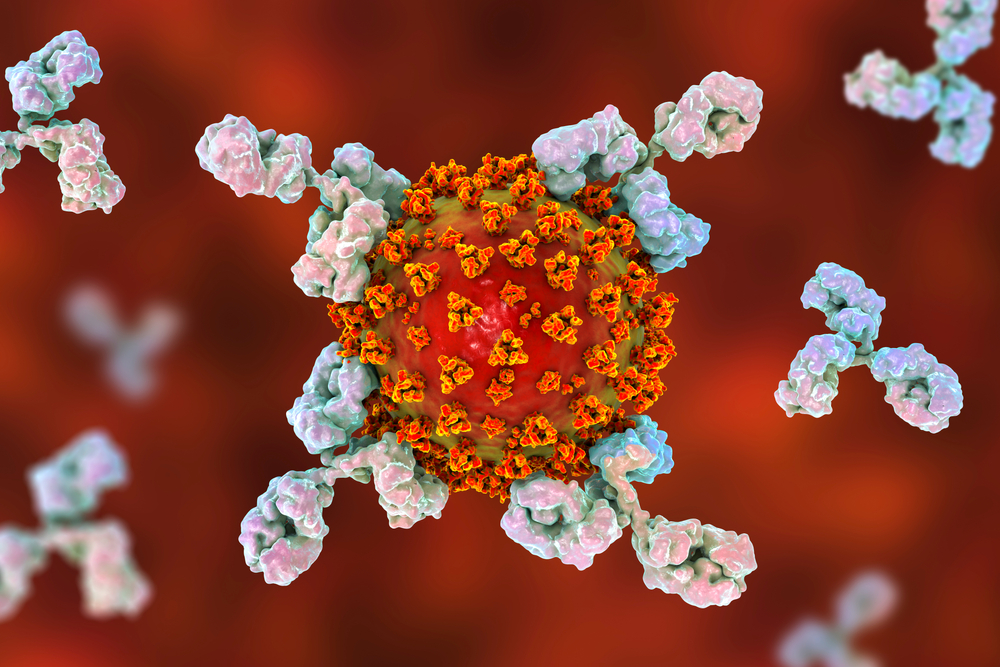
Scientists and engineers at Texas A&M University are developing a device that can rapidly identify antibodies that can neutralize infection by SARS-CoV-2, the virus that causes COVID-19.
“The difficulty of developing therapeutics and vaccines against emerging viral threats can also be obviously seen from the fact that we still do not have therapeutics or vaccines against two previous major viral outbreaks, namely SARS (Severe Acute Respiratory Syndrome) in 2003 and MERS (Middle East Respiratory Syndrome) in 2012, where no FDA-approved vaccine or therapeutic exist,” Dr. Arum Han, professor and Presidential Impact Fellow in the Department of Electrical and Computer Engineering, said.
Han leads the team along with Dr. Paul de Figueiredo, associate professor in the College of Medicine, Dr. Julian Leibowitz, a coronavirus expert and professor in the College of Medicine; and Dr. Mike Criscitiello, immunologist, assistant dean for research and graduate studies and professor from the College of Veterinary Medicine and Biomedical Sciences. The team received a National Science Foundation Rapid Response Research (RAPID) grant to pursue this work.
Pathogen-specific neutralizing antibodies (nAbs) are among the most promising strategies to combat these types of viruses. These are molecules produced by human B cells that can bind to viruses and neutralize them. The key to developing therapeutics and vaccines is identifying nAbs.
The conventional approaches for identifying nAbs are extremely time-consuming, inefficient, and costly due to the billions of potentially unique B cells in the human body that produce antibodies. It is essentially like finding a needle in a haystack, Han said.
Enter the lab-on-a-chip device, PRESCIENT (Platform for the Rapid Evaluation of antibody SucCess using Integrated microfluidics ENabled Technology). The team has built a prototype device and tested its feasibility using the hepatitis virus, a type of coronavirus. This work has now been accepted by the journal Lab on a Chip and will be published in an upcoming issue. The team is currently working to repurpose the PRESCIENT microfluidic device to rapidly identify neutralizing antibodies against the current pandemic. Once neutralizing antibodies are discovered, they can then be used to develop therapeutics and vaccines to combat COVID-19.
“This hunt for neutralizing antibodies takes place at the sub-microscopic level in reaction vessels that are more than a million times smaller than a cup of coffee. (This device) utilizes droplet microfluidics technology, where millions of such pico-liter-volume bioreactors, each containing unique antibody-producing cells, are generated and each of the cells in the pico-liter bioreactors are tested one at a time to assess whether they produce antibodies that can prevent infection,” Han said. “This entire process can be conducted at very high speed, up to hundreds of tests per second.”




